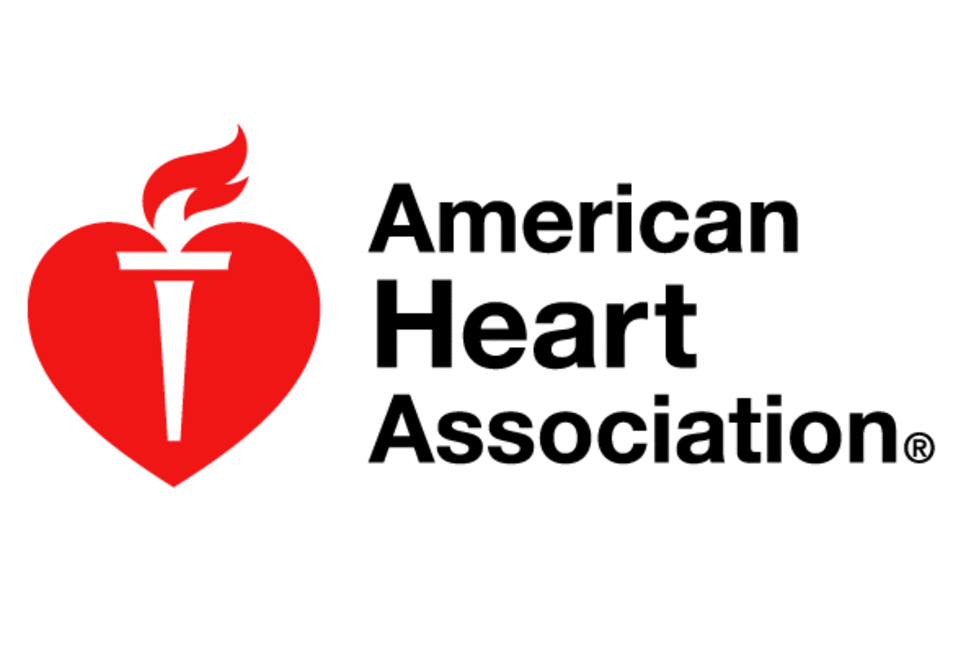 American Heart Association
American Heart Association
January 17, 2022
Florida Lawmakers to Discuss Policy Supported by American Heart Association
TALLAHASSEE, Jan. 14, 2022 – A lifesaving policy known as telecommunicator cardiopulmonary resuscitation (T-CPR) was heard in its first committee this Florida Legislative Session on Thursday, Jan. 13, at 11 a.m. The Senate Health Policy Committee discussed SB 890, sponsored by Senator Danny Burgess, R-Zephyrhills.
The policy, which would support dispatchers in coaching 911 callers with real-time, step-by-step CPR instructions, would enable bystanders to become lifesavers while awaiting EMS arrival. The policy is supported by the American Heart Association, the world’s leading nonprofit organization focused on heart and brain health for all.
“SB 890 ensures emergency telecommunications professionals can relay potential lifesaving instructions in an emergency situation before first responders arrive,” said Senator Burgess. “Our 911 telecommunicators are the first, essential link between an emergency and help for a person in cardiac distress. I am excited to work with Representative Trabulsy and the American Heart Association on this lifesaving legislation.”
The bill and its House companion, HB 593 by Representative Dana Trabulsy, R-Ft. Pierce, will ensure that 911 telecommunicators are equipped with the information and knowledge they need to provide high-quality T-CPR instructions to callers when appropriate. It will ensure that all 911 dispatch centers provide T-CPR or transfer the calls to a call center capable of providing T-CPR if there is an agreement in place, and it will include continuing education for T-CPR training.
“House Bill 593 is an extremely important piece of legislation, because it is good for someone who already knows CPR and for someone who does not, because in a moment of panic, we all may need someone to help guide us through the CPR process in order to save a life,” said Representative Trabulsy.
Sudden cardiac arrest (SCA) creates a race against the clock. It is estimated that more than 350,000 out-of-hospital cardiac arrests occur in the United States per year. Most of these events result in a call for help to 911. Without quick intervention in the form of CPR and defibrillation, death from SCA is certain. For every minute without access to CPR and defibrillation, chances of surviving sudden cardiac arrest decrease 7-10 percent. But timely access to CPR and defibrillation can more than double a person’s chance of survival.
“We’re grateful for the support from Florida lawmakers prioritizing this lifesaving policy,” said Tiffany McCaskill Henderson, Florida government relations director for the American Heart Association. “Telecommunicators are the true first responders and a critical link in the cardiac arrest chain of survival. We hope T-CPR training and implementation will be looked upon favorably with the goal of saving lives during the crucial seconds of cardiac arrest prior to emergency personnel arriving.”
According to the American Heart Association, bystanders who received past CPR training are more likely to start CPR with T-CPR to encourage them. For some, having access to this vital service could mean the difference between life and death, especially in rural areas, where it can take longer for EMS to arrive on the scene.
T-CPR training is available through multiple providers at minimal costs. In Florida, most telecommunicators receive training in emergency medical dispatch when they are initially hired. However, there is no statewide standard requiring telephone CPR training and implementation. While some dispatch centers voluntarily give CPR instructions the vast majority do not.
States that have passed T-CPR legislation include Alabama, Arkansas, California, Indiana, Kentucky, Louisiana, Minnesota, Rhode Island, Tennessee, Texas, Virginia, West Virginia and Wisconsin.
To learn more or to get involved, visit YoureTheCure.org.http://YoureTheCure.org
About the American Heart Association
The American Heart Association is a relentless force for a world of longer, healthier lives. We are dedicated to ensuring equitable health in all communities. Through collaboration with numerous organizations, and powered by millions of volunteers, we fund innovative research, advocate for the public’s health and share lifesaving resources. The Dallas-based organization has been a leading source of health information for nearly a century. Connect with us on heart.org, Facebook, Twitter or by calling 1-800-AHA-USA1.
